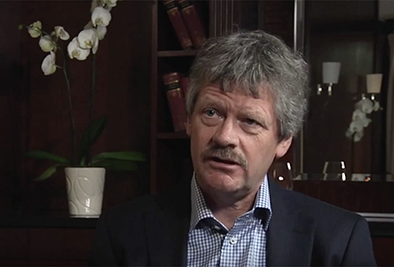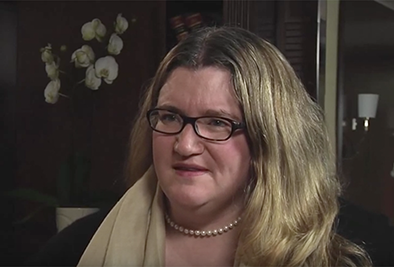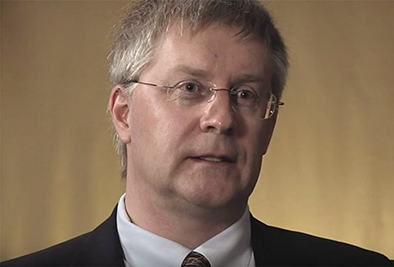Perry G. Mehrling is professor of economics at Pardee School of Global Studies at Boston University. He was professor of economics at Barnard College in New York City for 30 years. There, he taught courses on the economics of money and banking, the history of money and finance, and the financial dimensions of the U.S. retirement, health, and education systems. His most recent book is The New Lombard Street: How the Fed became the dealer of last resort (Princeton 2011). His best-known book Fischer Black and the Revolutionary Idea of Finance (Wiley 2005, 2012) has recently been released in a revised paperback edition. Currently, Prof. Mehrling directs the educational initiatives of the Institute for New Economic Thinking, one of which is his course Economics of Money and Banking, available on Coursera at www.coursera.org/course/money.
Perry G. Mehrling
By this expert
Elasticity and Discipline in the Global Swap Network
This paper sketches the outlines of the new international monetary system that has emerged in the aftermath of the global financial crisis.
The IMF Worries About EME Corporate Leverage
Hot on the heels of the BIS, now comes the IMF Global Financial Stability report, “Corporate Leverage in Emerging Markets–A Concern?”. Yes, a concern, and just in time for the annual meeting in Peru next week.
Featuring this expert
How Expectations Interact to Create Bubbles

How do economists make their models work? By assuming that investors have rational expectations and that every market participant is alike. However, things quickly get messy once economists start to acknowledge that people are different, interact with each other, and change heuristic forecasting strategies based on recent performance.
The Corn Laws: Seeing through the Eyes of Ricardo and Malthus

The British Corn Returns data provided the empirical basis for the fierce debate around the introduction and repeal of the 19th century British Corn Laws. Contemporary readers, like David Ricardo and Thomas Malthus, followed them as closely as stock market prices of today. Much of 19th century political economy rested on contemporaries’ interpretations of this data.
Breaking the Climate Change Stalemate

Climate change policy is caught in a stalemate between those who fear the environmental consequences of not doing enough and those who fear the economic consequences of overreacting. But controversy over the extent and sources of climate change need not stand in the way of a positive economic policy response.
Challenging the Foundation
George Soros, Axel Leijonhufvud and Perry Mehrling in Berlin, Germany (2012).


